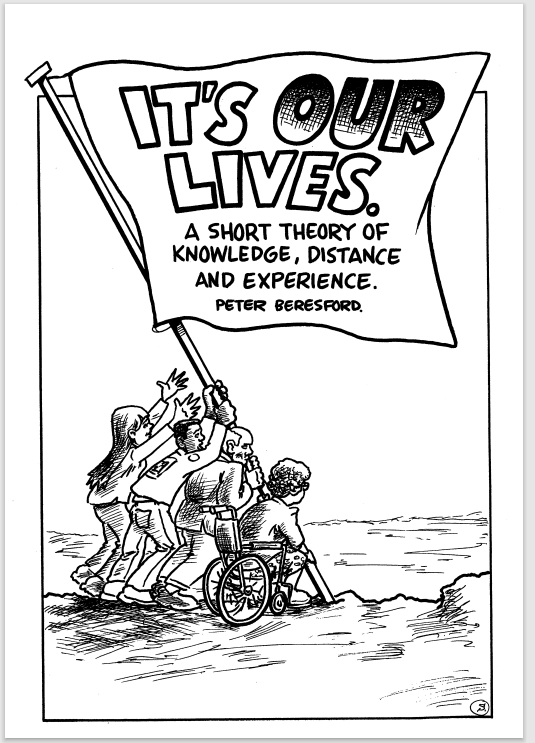Peter Beresford
2003
This book, written by Shaping Our Live Chair Peter Beresford, is concerned with supporting peoples’ empowerment by valuing their knowledge and experience. In a ‘knowledge society’ where public policy and practice must be ‘evidence-based’, how do we actually know something and what is the best way of finding things out? This book pushes back against the idea that ‘distance’ and ‘neutrality’ are the best ways to find things out and produce knowledge, and advocates for a different way of thinking about knowledge and doing research which seeks to value peoples’ first-hand experience and ‘experiential knowledge’ in order to support their empowerment. It theorises that the greater the distance between direct experience and its interpretation, the more likely the resulting knowledge is to be inaccurate, unreliable and distorted, and shows how the application of ideas like ‘distance’ and ‘neutrality’ have often led to researchers ignoring peoples’ experiences and their own interpretations of those experiences. It shows how the individual experience and knowledge each of us have can become collective knowledge through user involvement in research, and how this kind of collective knowledge can change things for the better. This book also examines what distances people from others whose direct experience they interpret and how this gap can be reduced to improve the quality of knowledge being produced.
In partnership/with support of: Citizen Press
Download book (pdf) 
